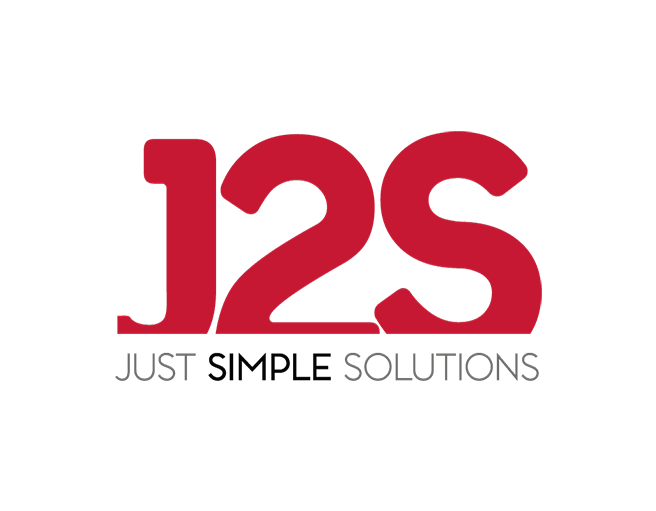Table of contents
- Centralize information
- Collaborate on translation and localization
- Time-saving process using automation
For several years, we have been working for a leading international brand in consumer products, such as televisions.
It’s interesting to discover just how complex a device of this type is and how product marketing strategies need to adapt their communications. Indeed, between the time the manufacturer decides to launch a model and the time the device arrives in stores, six to seven months will have passed, during which many changes are made.
For instance, one component is replaced by another, which can impact the final specifications of the device. As a result, the “line-up”, i.e. the file containing all the technical specifications is updated every week at first, then more frequently at the end of production.
Product marketing managers must constantly update sales support documents for the manufacturer’s distributor network. The purpose is to ensure that sales staff are in a position to answer customers’ questions and advise them.
Let’s take a look closely at how Simple Workspace can help.
Centralize information
The first step is to centralize information by importing the list of models from the line-up, along with their technical specifications.
Once in place, the input of marketing information can begin, using a validation workflow.
Assets are automatically associated with templates, using the naming convention in place.
At any time, a preview of the product sheet generated by InDesign helps the copywriter in his work. This enables them to validate that a given characteristic triggers the display of a given pictogram and associated text.
Validated product sheets are then made accessible to translators in the various Business Units.
Here are a few examples of product sheets:


Collaborate on translation and localization
The input screen is also designed for fast content translation.
As the company operates in an international market, users spread across the European entities need to work together to localize product data sheets according to the countries addressed. The provision of data sheets is managed by workflow to limit email exchanges.
To save time and reduce errors, users can save a translation and spread it across all product sheets to replace all relevant matches.
Certain elements of the layout can also be managed for language versions (specific legal notices, country-specific logos, etc.).
Tracking is carried out using statuses associated with products according to the type of action to be taken. In this way, translations can be subject to an independent validation cycle.
Time-saving process using automation
One of the challenges for the product marketing manager is to update these documents in as little time as possible to reduce the time to publish.
To achieve this, the status of a product sheet is assessed each time the line-up file is updated, which, as we’ve said, is done frequently, especially at the start of production.
Once updated in this way, the status will be very helpful for identifying at a glance:
- New products;
- Deleted products;
- Products for which one or more characteristics have changed;
- Unmodified products.
We aim to enable users to get straight to the point, focusing their attention on the job of writing.
This helps keep translation costs down since only modified files are sent to translators.
Another significant productivity lever is page layout automation (Find out more by reading this article: Automation of the layout and “responsive print”, what does it mean? ). A change in status can be enough to trigger the generation of all product sheets in PDF format, which are then automatically sent to the media center or a solution such as Adobe Experience Manager (We will soon be speaking about the possibility of retrieving content from CMS such as AEM to produce magazines), to be made available to the distributor network. Interesting, given that some 770 product sheets generate 8,000 generations per month!
After the TV world, the manufactory soundbars, washing machines, and fridges are now managed by Simple Workspace!
Would you like to automate the production of your multilingual product data sheets? Get in touch with us – we’d be delighted to hear from you!

R. Loubéjac
Cofounder of J2S
